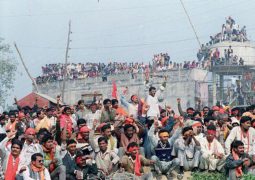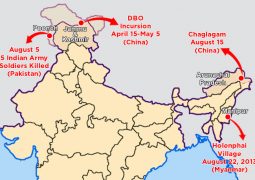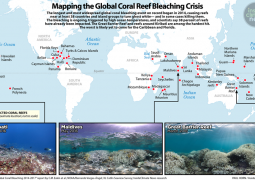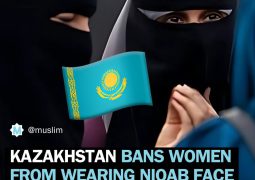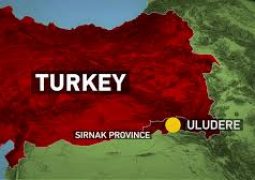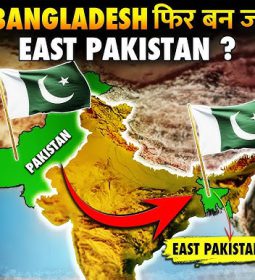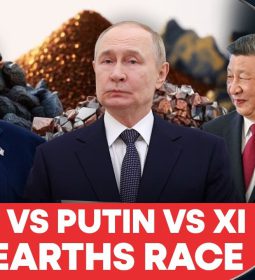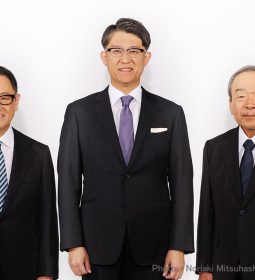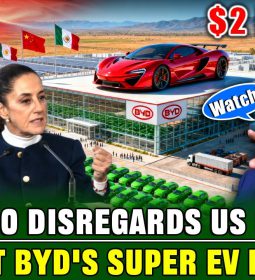China’s President Xi Casts Country as Guardian of Globalization
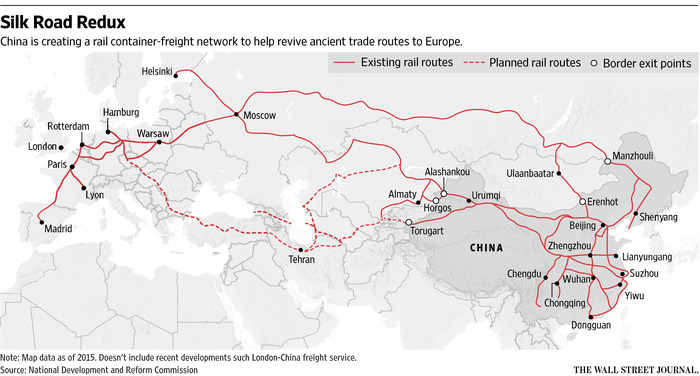
BEIJING—Chinese President Xi Jinping called for a more open, inclusive world order, injecting a note of geopolitical ambition into a global gathering to promote China’s vision for greater economic cooperation across Asia, Europe and Africa.
With the leaders of 29 other countries and representatives from dozens more on hand, Mr. Xi opened the two-day meeting Sunday with a speech that portrayed China as a force for stability in a world challenged by unbalanced development and threats to peace.
He said China remains committed to free trade and pledged more than $100 billion in increased financing and assistance for countries taking part in his plan to build infrastructure across a wide swath of the globe in a modern reboot of the Silk Road routes that carried trade centuries ago.

The reference marked a rare instance when Beijing has linked a wider political agenda to Mr. Xi’s signature economic-diplomacy initiative—known as One Belt, One Road—to build ports, railways, pipelines and industrial parks, and reorient toward China trade across Eurasia, Southeast Asia and Africa toward China.
Russian President Vladimir Putin and Turkish President Recep Tayyip Erdogan attended Sunday’s event, along with representatives from some 130 countries and leading Chinese entrepreneurs and captains of industry. While the initiative is generally presented as spanning 65 countries, from China to Indonesia to Estonia, Mr. Xi reiterated that the initiative is open to all countries willing to participate. The presidents of Chile and Argentina also attended the meeting.
Some countries have cast doubt on China’s intentions, seeing the initiative as a spearhead for Chinese companies in penetrating foreign markets and for promoting Beijing’s geopolitical clout. The Indian government, for instance, spurned an invitation to attend the summit, citing concerns over Chinese investment programs in rival Pakistan and questioning the initiative’s transparency. The U.S. sent its National Security Council’s Asian affairs director, rather than a cabinet-level official.
RELATED COVERAGE
Launched in 2013, Mr. Xi’s One Belt, One Road program has rolled out as politicians and the public in the U.S. and Europe have questioned the benefits of globalization. U.S. President Donald Trump has accused China of taking unfair advantage of trade agreements. American and European companies have amped up complaints about Chinese protectionism and policies aimed at limiting inroads by foreign firms in the China market.
The protectionist talk out of Washington and other capitals has given China a chance to portray itself as a guardian of globalization—something Mr. Xi did in a speech to the World Economic Forum in Switzerland in January and again Sunday.
“We should build an open platform of cooperation, as well as uphold and grow an open world economy,” Mr. Xi said in the nationally televised speech. “We must also…build an open, inclusive, widely beneficial and balanced economic globalization.”
Putting China at the center of a major global initiative is also designed to give Mr. Xi a political boost at home. The Communist Party holds a pivotal congress this year to reapportion leadership positions. Although Mr. Xi is all but certain to receive another five-year term, party insiders have said he is looking for leverage to maneuver allies into key posts.
In his speech, Mr. Xi frequently harked back to the ancient caravan and maritime routes dating back two millennia that he said carried ideas as well as goods between civilizations. In updating that message, Mr. Xi said China would set up 50 joint laboratories and offer research trips and training to 5,000 foreign scientists, engineers and managers.
In touting One Belt, One Road, Beijing has wrapped in projects that were under way years ago, including the railway between Djibouti and the Ethiopian capital of Addis Ababa. Other Silk Road initiatives include a high-speed rail link with Laos and a cluster of infrastructure and energy projects known as the China-Pakistan Economic Corridor.
Progress has been modest on Beijing’s pledged infrastructure investments. Analysts have said that China’s slowing economy and mounting debt burden could hamper Beijing’s ability to fund development of trade routes linking two-thirds of the world’s population.
Write to Chun Han Wong at chunhan.wong@wsj.com
- Previous North Korea Fires New Type of Ballistic Missile With Longer Range
- Next Uzbekistan and China to further expand bilateral cooperation and work together in building Belt and Road



